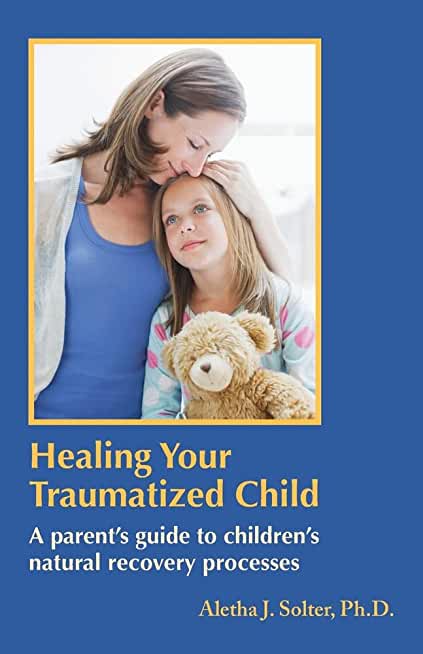
Solter, Aletha Jauch
Beginning with background information about pioneers in childhood trauma and ending with two chapters of powerful and inspiring true case histories, this book clearly explains the impact of trauma on children as well as the basic principles of healing. Parents will gain many practical skills to help their children recover, including surprisingly simple play-based activities.
An additional benefit of this approach is that it helps solve behavior problems. Many of children's difficult behaviors are indications of unhealed trauma. Parents will learn to interpret the underlying reasons for these behaviors and find solutions without using punishments or rewards. The author also explains how children's developmental stages affect their reaction to traumatic events and which techniques are most effective at each age.
Based on studies in the neurobiology of trauma, cognitive neuroscience, child development, and psychotherapy, this is a well-researched book with over 100 scientific references. The charts scattered throughout the text provide handy summaries of major points. An additional feature is a useful glossary of terms.







